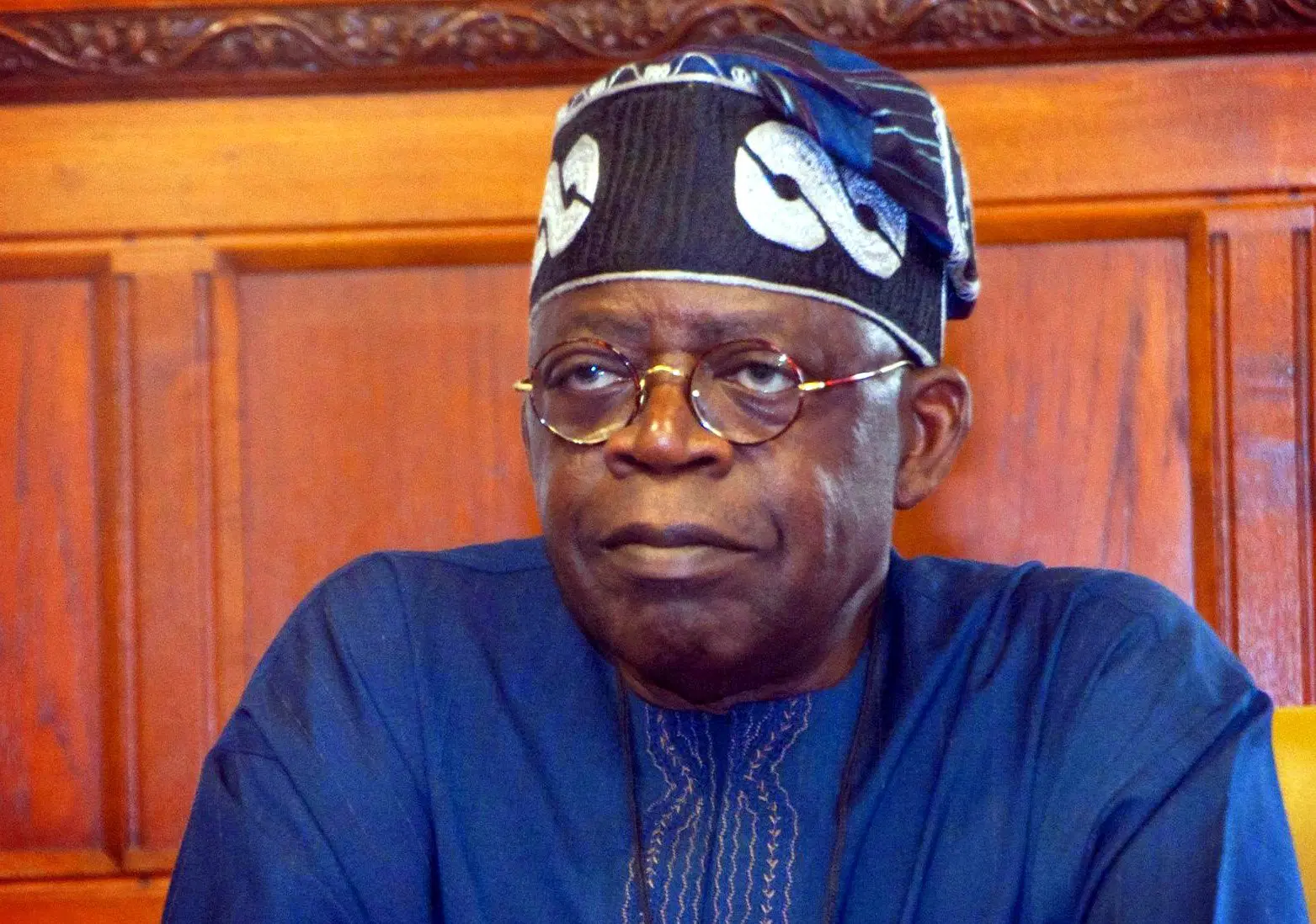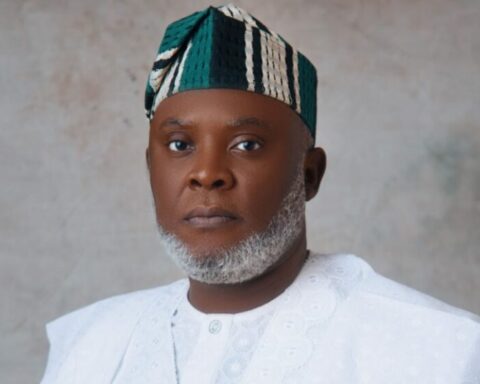By Olu Aiyelawo
Bola Ahmed Tinubu became President of Nigeria with 36.6% of the votes. That is a fact. It is the lowest winning percentage since 1999. It happened because the opposition—who had previously come together—chose fragmentation over strategy, ego over unity, and ambition over cooperation. And in a three-way split, 36.6% became enough to win. But that number tells a deeper story: Tinubu came into office with more resistance than acceptance, more suspicion than goodwill, and more emotional hostility than any president we have had in this present democratic era.
Some disliked him out of political bitterness. Some out of tribal pain. Some out of religious sentiment. Some because their preferred candidates lost the math, not the mandate.
For many, Tinubu became president before they were emotionally ready for him to be president. Yet he stepped in and made decisions that no one—not one of our past presidents—had the courage to make. Tough. Unpopular. Painful. Necessary.
Not decisions aimed at applause, but at resetting a country that has been living on borrowed time. And still, people don’t like him. They may never like him. That may simply be the burden of this moment in history. Some presidents rule in times of comfort. Others rule in times of surgery. Tinubu walked into the theatre, not the ballroom.
He will likely be remembered as the president Nigerians did not love— even if he becomes the president who puts us permanently on the path of economic independence and national capability. And that is why this moment is dangerous. Because the seeds of discontent that were planted before he took office did not die.
They are being watered daily— by mischief makers, by bitter losers, by tribal chauvinists, by religious extremists, by desperate actors who would rather see the country collapse than watch it succeed under someone they don’t like. Some from the South who believe their “turn” was stolen. Some from the North who think their region must always produce the answer.
Some who are angry because a tragedy changed their political calculation. Some who still want to replay an election they lost long ago. But here is what must be said clearly: This is not the time to play into the hands of chaos merchants. This is not the time to destabilize Nigeria because of wounded pride.
This is not the time to weaken our democracy because of personal disappointment. Coups are no longer possible by seizing radio stations. Every Nigerian today is a radio station— with a phone, data, and a global audience. Any attempt to overthrow democracy will die within minutes in the age of millions of digital witnesses.
Nigeria has a chance. A chance to steady itself. A chance to build something lasting. A chance to finally break free from the decades of illusion economics we inherited. You don’t have to like the president.
That is your right. But you must love the country enough to protect the stability that allows any progress to happen. And if you look closely, without emotional fog, you will see the signs: Reforms are unfolding. Investments are returning.
Confidence is rising slowly. The currency is showing discipline. Inflation is easing. Production is creeping back. The lights along the horizon are not flickers—they are early signs of dawn.
We may not love our president. Perhaps we do not need to. What we need is to recognize courage when we see it, progress when it begins small, and danger when instability is being packaged as activism.
Nigeria is entering a decisive season. And despite the noise, the bitterness, and the emotional bruises of past elections… The best days are nearer than we think.
Let’s not sabotage them.


























